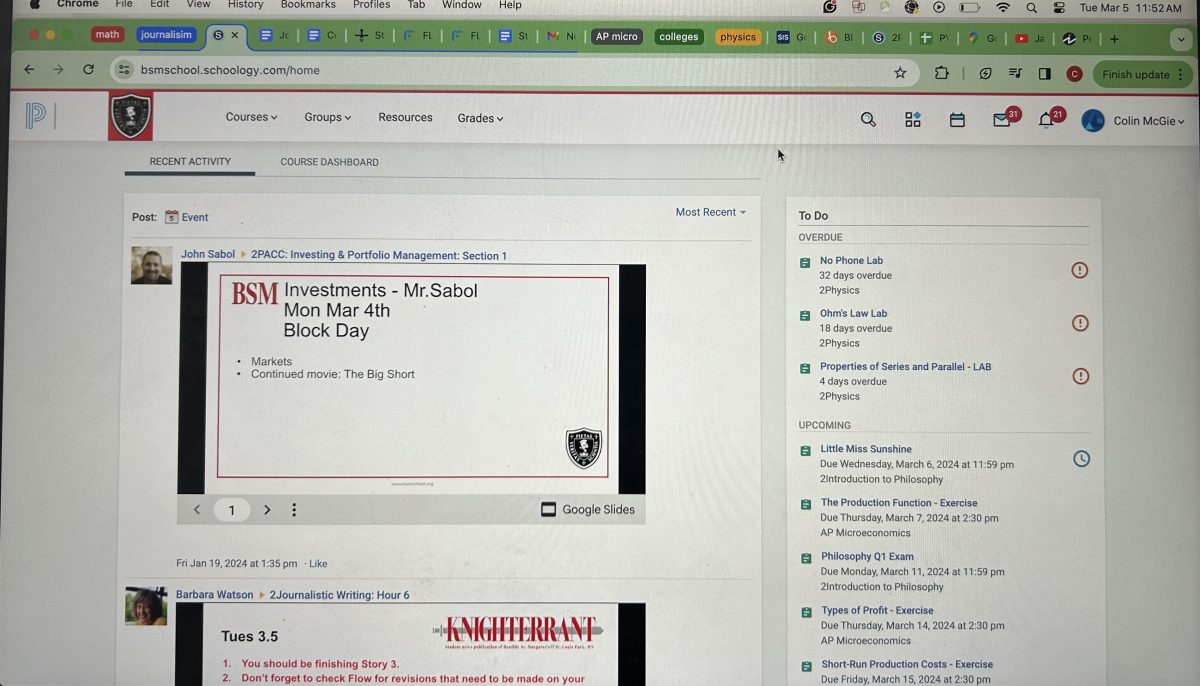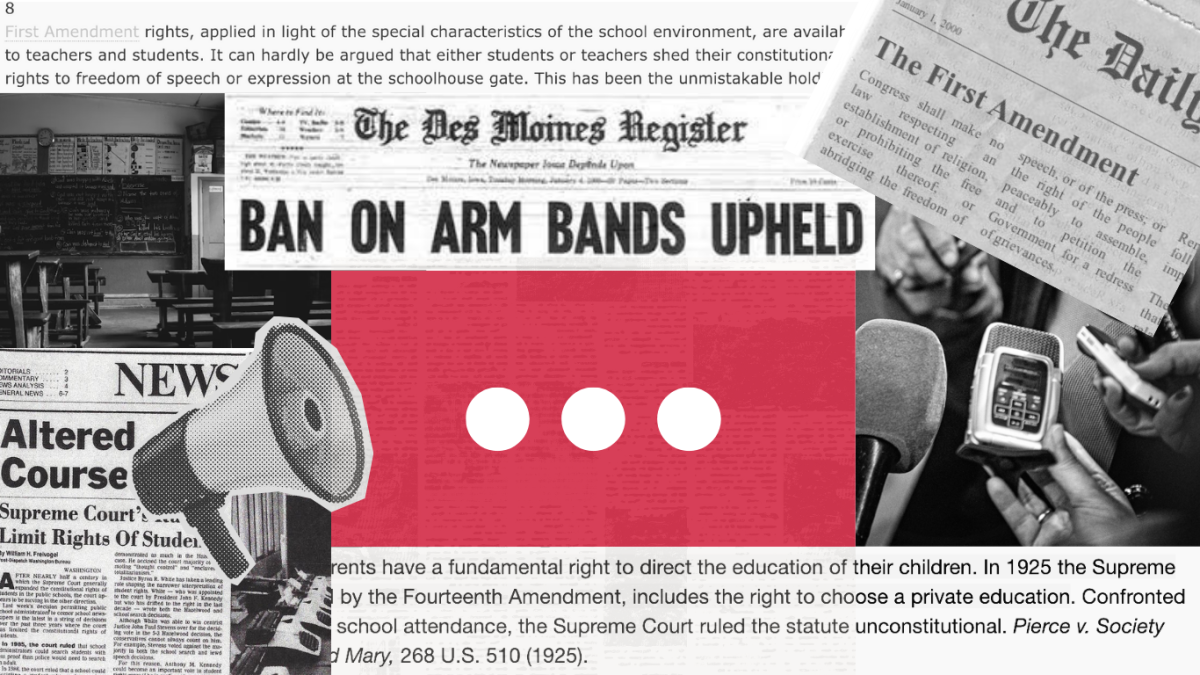The wage gap is serious and should be addressed
May 11, 2016
In this day and age, both men and women enter the working world with wide eyes and hopes of attaining wealth and maintaining a healthy standard of living. Whether they come from an Ivy League school or enter the working world with only a GED, there are jobs made for every caliber of education and skill. However, there is a dark side to the promising future of recent graduates: the wage gap.
The wage gap is a tricky land mine of a topic, so before I dive into the controversy I would like to clarify my intentions and point of view. I don’t care about the semantics of 79 cents to 81 cents; in my opinion it goes beyond that. Furthermore, this is my opinion and has been based off of my experiences and observed experiences of others.
Studies show that a woman must be 125% more qualified than a man to earn the same job.
— Claudia Elsenbast
With that out of the way, allow me to make myself clear: if two people are doing the same or similar job with the same level of efficiency, their salary should not differ based on gender identity, sex or anything besides how they work. All of these are irrelevant factors in how one will work and how they should be paid. This discrimination is not only morally unacceptable but also illegal, as presented in the Civil Rights Act of 1964 (Title VII), which prohibits employment discrimination based on race, color, religion, sex, or national origin.
Some may argue that the wage gap does not exist or that it doesn’t exist to the severity that it has been claimed. But in my opinion, the severity is not the issue. If for any reason a person is truly having their salary determined by their gender it is illegal. The Civil Rights Act is not the only order in place to attempt to end discrimination in the work force. Many laws and acts have been passed in order to attain equal rights and fair treatment; for example, Equal Pay Act of 1963, Additional Provisions of Equality of Equal Pay Act of 1963 and the Equal Pay and Compensation Discrimination Laws.
Furthermore, some critics of the wage gap claim that the reason for the wage gap is job placement and the lower paying jobs that women choose. Age-old gender roles that show women as the caregiver and men as the breadwinner are still instilled in to- day’s society. Women are naturally pushed by society and towards lower-paying jobs such as teachers or care providers whereas men are urged towards higher paying jobs like business executives or engineers. To reinforce this issue with statistics, out of all the Fortune 500 companies only 50 have female CEOs. What is even worse is that there are more companies run by a man named John than there are companies run by a woman. This cannot be attributed to simple lack of preference or choice made by women; it is the clear lacking of acceptance of females in the hierarchy of the working world.
To put salt in the wound, purely getting hired in the first place is harder for a woman. Studies show that a woman must be 125% more qualified than a man to earn the same job. The American Association of University Women (AAUW) finds that in STEM fields men are not only more likely to be chosen for a job, but also receive a higher starting salary, to be rated as higher performing, and to be given a promotion or raise over a woman with the exact same qualifications.
The wage gap is not only enforced by a general discrimination of women, but also by company worries about possible time and money lost from a woman’s maternity leave. The Pregnancy Discrimination Act forbids any business from questioning women about future children or past experiences with children. Despite this act, many women are still questioned about their personal life choices in interviews in order for the company to assess how much they will lose during a woman’s maternity leave. For example, women will often spend four years without working while being a stay at home mom and will have a gaping hole on her resume that will face scrutiny, whereas a male counterpart will oftentimes not have this hole as they are less likely or encouraged to take time off after having a child. This obvious sign of enforced gender roles and sexism occurs on the daily.
At the end of the day, this is not simply about the twenty some cents. The presence of a gap at all is morally wrong and illegal. I find this discrepancy in pay and blatant sexism deeply disturbing and hope that one day, if we all keep fighting, the gap will close.






















































